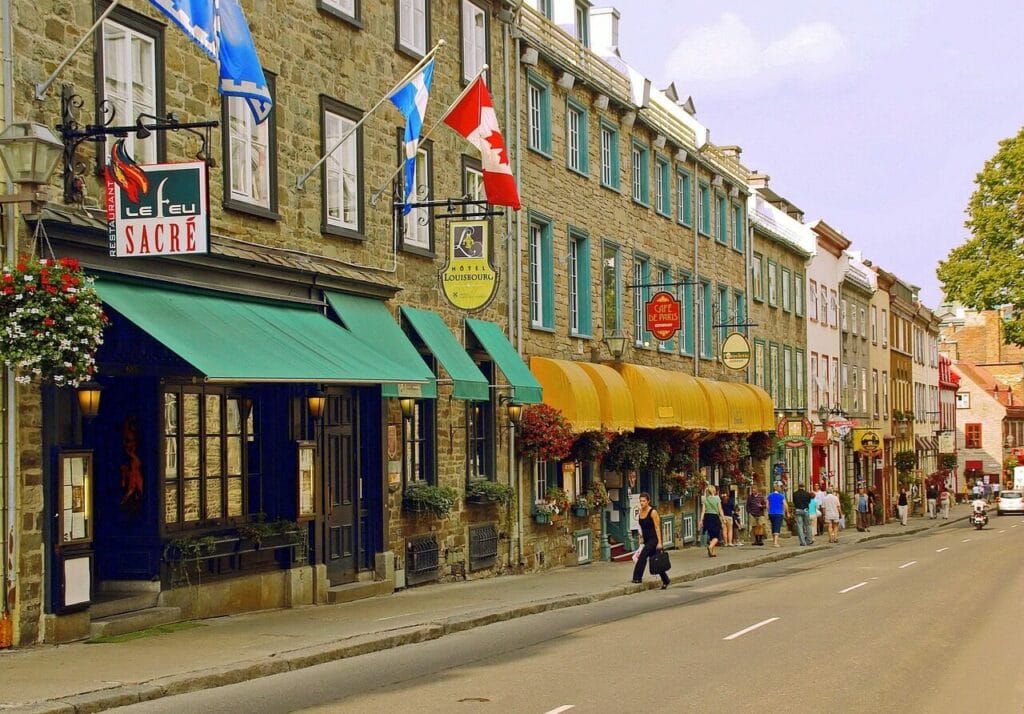A petition sponsored by Québec solidaire (QS) advocates for the right to be buried in a shroud, a method commonly preferred by Muslims and Jews for its environmental benefits. MP Vincent Marissal is leading the charge for this cause.
Currently, Quebec law mandates that bodies must be buried in coffins to prevent leakage and ensure safe handling. The petition argues that shroud burials are more economical and eco-friendly, eliminating toxic emissions and supporting biodiversity by returning nutrients to the ecosystem during decomposition.
Additionally, shroud burials reduce emissions linked to cremation, coffin manufacturing, transportation, and cemetery maintenance. The cost of burial with a shroud is notably lower compared to traditional funeral expenses in Canada, typically ranging from $5,000 to $25,000.
The petition emphasizes the importance of allowing Quebec citizens to choose funeral practices aligned with their values and beliefs. It notes that Muslims and Jews traditionally prefer shroud burials. While Quebec stands out as the only province prohibiting shroud burials, the accuracy of this claim has been challenged by the Corporation of Thanatologists of Quebec.
With 204 signatures collected so far and a deadline of December 15 for signing, the petition aims to challenge established burial norms in Quebec. Notably, the Corporation of Thanatologists of Quebec remains cautious in its response, citing public health oversight by Santé Québec.
Noteworthy is the presence of an open-air human decomposition laboratory in Bécancour managed by the Université du Québec à Trois-Rivières (UQTR), reflecting a growing interest in eco-responsible funeral practices.
The right to petition has deep roots in Quebec’s parliamentary system, with MNAs sponsoring petitions that align with their values. Following the signature period, the sponsoring MNA presents the petition in the National Assembly, prompting a government response and possible consideration by the parliamentary committee.



